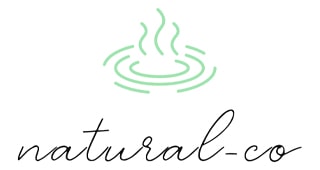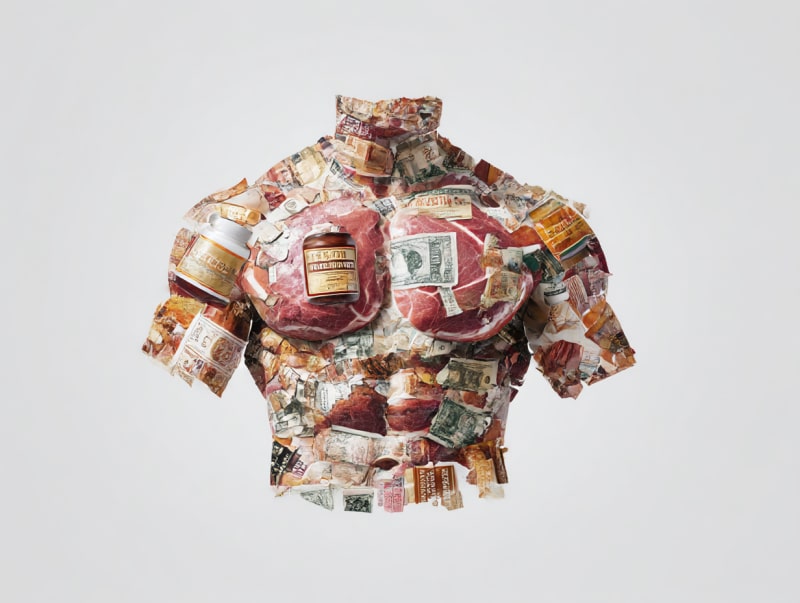Liver King Net Worth — What I Learned from His Business Story
I always find that stories about rich influencers can be more than just “here’s how much they make.” When I dig into Liver King’s journey, I see lessons about branding, trust, business structure, and sustainability. So here’s what I’ve gathered — his numbers, his business model, and how we can apply the take-aways.
Income & Net Worth Breakdown
Primary revenue channels
- According to MoneyMade, Liver King’s net worth is estimated at ≈ US$12 million (rather than his own claims around $310 million).
- His supplement business, especially the brand Ancestral Supplements (animal-organ supplements) is a major component. For example: website sales estimated at $3-4 million/year, plus potential Amazon sales up to ~$24 million.
- His broader business group reportedly generated annual revenues around $100 million at peak.
- Real-estate and physical asset holdings are also part of the mix: an Austin, Texas mansion valued around ~$4 million, plus a “Ranch” property around ~$1 million.
- Despite large revenue numbers, the conservative net worth estimates fall in the ~$10–12 million range.
Assets & secondary income
- Before shifting to his influencer/supplement business, Liver King (and his wife) owned a dental practice, invested ~$500k to start it, then sold it.
- He claims (in his marketing) a much larger net worth (≈ $310 million) — but independent analysts call that into serious question.
My Reflections & Business Lessons
1. Diversified but focused revenue streams matter
Liver King didn’t just rely on one product or one platform; his model included: core product (supplements) → website direct-sales → Amazon marketplace → social media influence → public engagement. My takeaway: When building a brand or product, having multiple income streams helps stability — but they should reinforce one another (so they don’t become distractions).
2. Brand identity = trust currency
His persona — “wild, primal, muscular, raw” — became central. That strong visual and narrative brand identity differentiated him massively. But when the steroid revelations came out, the trust element took a hit. My takeaway: A strong brand identity can drive engagement and revenue, but it also builds a reputation liability. You are held accountable to the image you project.
3. Transparency and ethics are growing business assets
Because he was in the wellness/health space (supplements + diet), people expect higher transparency. When it turned out some claims were misleading, it affected brand credibility. My takeaway: If you work in sectors tied to health, wellness, education, finance — and you base your value on “better living” — then your claims, ethics, and honesty matter hugely. Short-cuts may bring quick wins, but risk long-term value.
4. Social media fame is powerful — yet precarious
Liver King’s rise was rapid via TikTok, Instagram, YouTube. But those platforms are outside your direct control (algorithm changes, backlash, regulation). My takeaway: Don’t build your entire business on one rented platform. Use social media as a launchpad, but build assets you own (website, email list, product line, brand equity) that survive platform shifts.
5. Revenue ≠ value unless reputation is preserved
Even with large reported revenue ~$100 M, his estimated net worth (~$10–12 M) is comparatively small, indicating high costs, brand risk, or leverage. My takeaway: When you hear huge top-line numbers, always ask: what are profits? what are liabilities? what is brand risk? Because value comes when earnings are recurrent, brand is durable, and costs/risks are managed.
What I Would Do Differently If I Were Building Something Similar
- I’d start with a strong transparent promise — and deliver on it consistently. Claiming you’re “100% natural” while using steroids is a brand time-bomb.
- I’d test the product and brand gradually — building loyal core customers before scaling aggressively.
- I’d diversify income early: not just product sales, but content, membership, service, licensing, direct community.
- I’d invest in reputation metrics — monitor brand sentiment, potential scandal risks, regulatory risk. Because something like a betrayed promise can devalue a brand overnight.
- I’d reinvest in long-term brand resilience, rather than just rapid scaling. Things like customer experience, real reviews, supply-chain integrity, responsiveness to problems.
Final Thoughts
Writing this, I realised that Liver King’s story is a textbook of contemporary personal-brand business: big upside, big risk, very visible vulnerabilities. Yes — he made serious money, built a strong brand, capitalised on a viral niche. But the most significant lesson is: building income is good; building trust is better. And if you lose trust, even big income can evaporate.
So when you think about “net worth” or “how much someone earns” — also ask: How well built is their brand? How resilient is their business to scandal, disruption, change? Because in the long run, net worth without sustainability is just a number.

